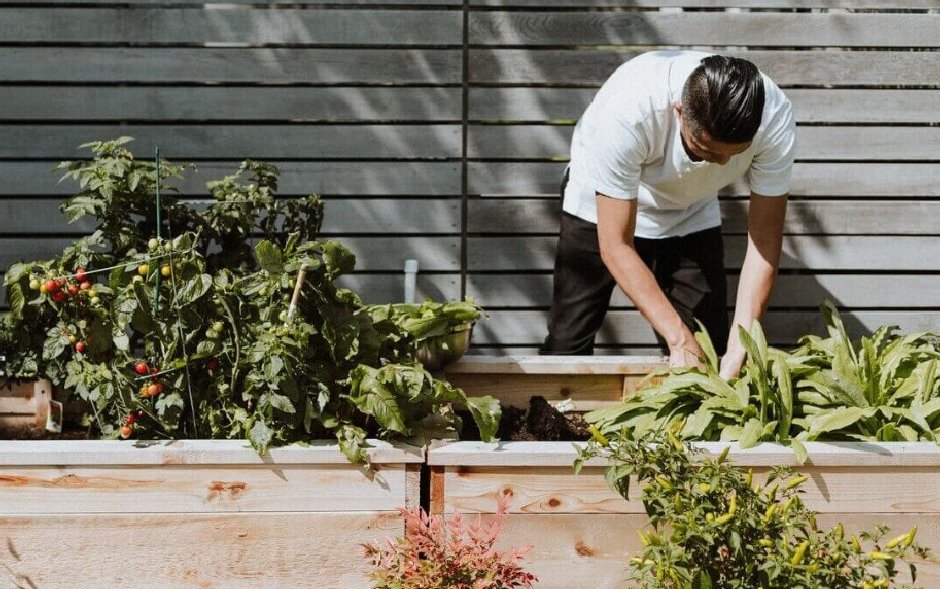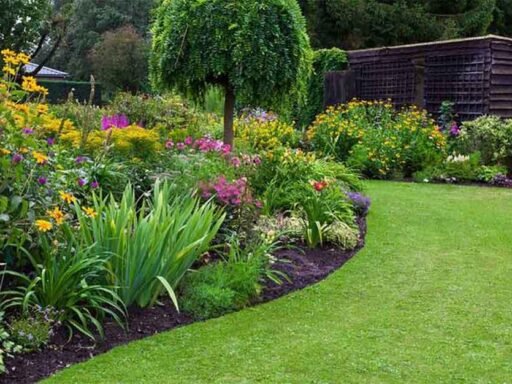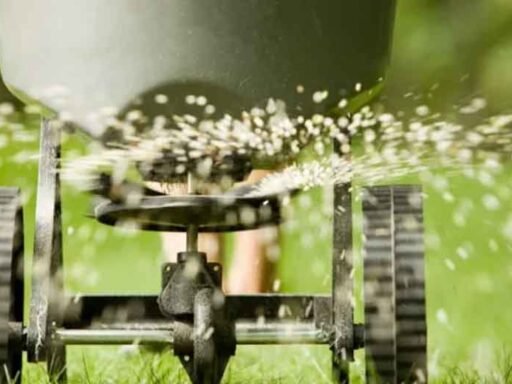New to the world of gardening? Whether you have just moved to a house with a garden or are taking it up as a new hobby, most people find gardening incredibly rewarding, interesting, and therapeutic. Gardening can also be a lot of hard work and daunting when first getting started. There can be a huge amount to learn, which can put some beginners off. You do not have to become an expert overnight, and there are a few tips for beginners that will help you master the basics and keep your backyard looking its best. Interested? Read on for a few beginner’s gardening tips.
Know Your Space
First, you need to get to know your space. Every garden is different, so you need to take the time to understand your garden. This will include important elements like the type of soil you have, drainage, and sun exposure throughout the day. With this knowledge, you can then work out what types of plants will thrive in your space and where the best place to plant different species will be.
Choose Plants Easy For Beginners
When it comes to plants, you want to pick those that will be easy for beginners to look after. Some plants are very high maintenance, which could be challenging for someone new to gardening to look after. There are many species of plants that are easy for beginners to look after, such as:
- Herbs
- Spider plant
- Lavender
- Marigolds
- Petunias
- Salvia
Easy plants like these will help you develop your gardening skills and confidence, so you can then move on to more challenging plants that require more maintenance.
Use A Zero-Turn Mower
Mowing the lawn can be one of the most physically demanding and time-consuming gardening tasks, especially if you are fortunate enough to have a large lawn! A neatly mowed lawn can also elevate your garden and create an attractive outdoor space, so it is a task that needs to be done frequently. You can save yourself a lot of time and energy by using zero turn mowers. These are mowers that you can ride and are capable of turning within their own footprint, which makes them easy to control and ideal for awkward or small spaces. A zero-turn mower will allow you to keep a uniform and tidy lawn throughout the year.
Create A Watering Schedule
Obviously, watering is one of the most essential gardening tasks. It is also the kind of activity that can easily slip out of your mind, which is why it is helpful to create a watering schedule. You should make it part of your routine to water your plants, ideally when evaporation levels are low (early morning or late at night). Alternatively, you could set up sprinklers on a timer to automate this process for you (a great way to ensure consistency and free up time and energy).
Inspecting Your Plants
You should also get into the habit of inspecting your plants on a regular basis. In order for your garden to thrive, you need to ensure that each plant is healthy, so you need to inspect the leaves and stems on a regular basis. Early detection is key when it comes to pests and diseases, so you need to look out for warning signs. These include:
- Damaged foliage
- Yellow leaves
- Wilting
- Unusual spots
- Pests in the garden
- Mildew or mold
- Eggs or larvae
If you find evidence of pests or disease, there are products you can use to address the issue. There is also a lot of helpful advice online that should help you deal with the specific issue you are facing.
Learn Online
Leading on from this, the internet is a goldmine when it comes to gardening advice and information. You can become a gardening expert simply by reading websites and blogs, following relevant organizations and individuals on social media, and engaging in online communities. Online communities are particularly worthwhile as you can get answers to any questions you have as well as network and feel like part of a community.
Gardening might seem daunting at first, but once you have some basic knowledge and get your hands dirty, you are sure to feel more confident and get great satisfaction from creating and maintaining a healthy and beautiful outdoor space.






